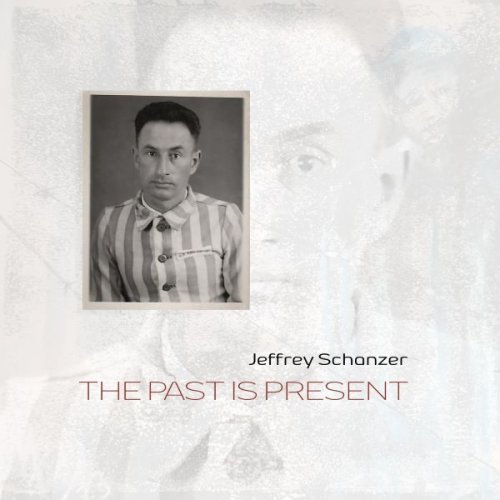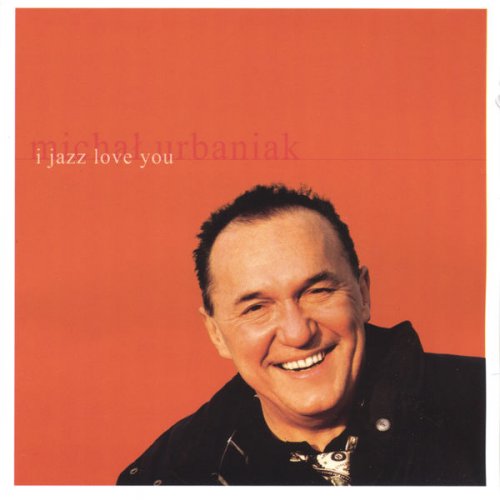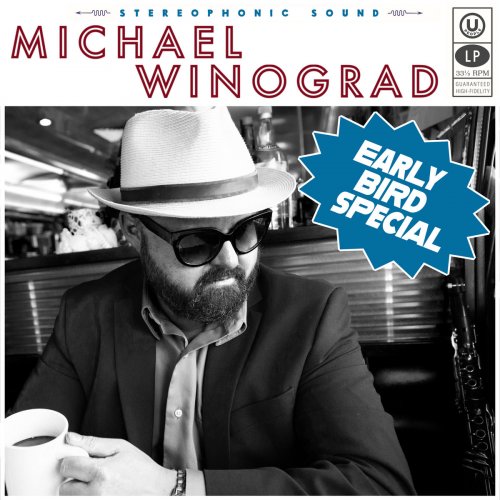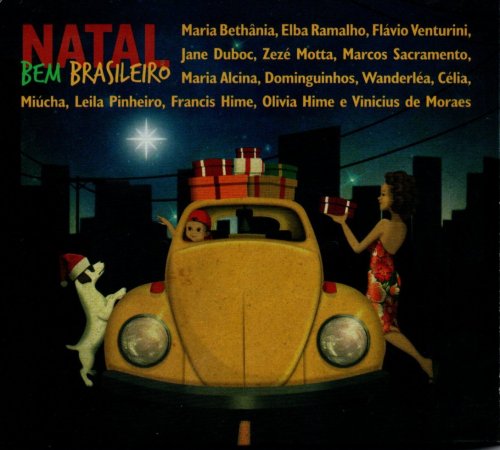Lau - Decade: The Best of Lau (2007-2017) (2017)
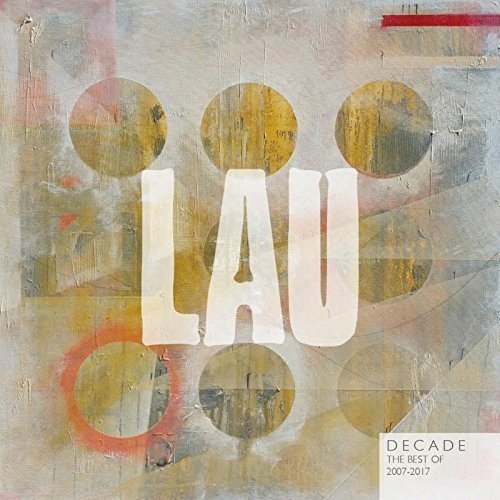
Artist: Lau
Title: Decade: The Best of Lau (2007-2017)
Year Of Release: 2017
Label: Lau Scotland
Genre: Folk, Celtic
Quality: Mp3 320 kbps / FLAC (tracks)
Total Time: 01:22:44
Total Size: 190 / 468 MB
WebSite: Album Preview
02. Hinba 05:07 Title: Decade: The Best of Lau (2007-2017)
Year Of Release: 2017
Label: Lau Scotland
Genre: Folk, Celtic
Quality: Mp3 320 kbps / FLAC (tracks)
Total Time: 01:22:44
Total Size: 190 / 468 MB
WebSite: Album Preview
03. Gallowhill 06:05
04. The Lang Set 14:10
05. Winter Moon 03:22
06. Horizontigo 07:16
07. The Burrian 06:39
08. Lord Yester 06:07
09. Far from Portland 07:51
10. Throwing Pennies 04:27
11. Torsa 06:59
12. First Homecoming 04:38
13. Ghosts 04:48
AWARD-WINNING, GROUND-BREAKING GROUP LAU: THE FIRST TEN YEARS 'DECADE (THE BEST OF 2007-2007). DELUXE GATEFOLD 6 PANEL DIGI PACK WITH BOOKLET Lau is the pioneering contemporary folk trio comprising three of the UK's finest traditional musicians: KRIS DREVER (vocals, guitar), MARTIN GREEN (accordion, wurlitzer, keys, electronics) and AIDAN O'ROURKE (fiddle). Lau has garnered four awards for 'Best Group' at the BBC Radio 2 Folk Awards and also appeared on the Later... With Jools Holland TV show (BBC 2 TV). Individual members have all won multiple awards and recognition for their solo work. Kris Drever nominated for 2017 Folk Singer of The Year & Best Original Track, Martin Green nominated for 2017 Best Album & Best Original Track BBC Folk Awards. Now Lau announces the release of its first ever retrospective album, DECADE THE BEST OF 2007-2017. A compilation of the trio's best tracks, it has been curated by Lau and Tom Rose (of Reveal Records & Management) from the song and tune suggestions of their very many fans. As you might expect for a band as renowned for its brilliant stage performances as recordings, Lau will be taking this retrospective material to concerts and festival stages throughout the summer of 2017 and then touring it in the UK during the November and December 2017. Writer and journalist Kate Molleson relates the Lau story so far: December, 2016. Lau gather around a single microphone at the Queen's Hall in Edinburgh, stage full of audio gadgetry lying quiet behind them. They open with The Jigs — fiddle, guitar, accordion, that's it — and close back in that formation with the gentle coda of Far From Portland. It's been ten years since the trio formed, which seems time enough to strip back and take stock. Lau's pre-life began in duos. Kris and Martin, both fans of Ian Carr and Karen Tweed, both intrigued by what might happen if they synced the left-hand of Martin's accordion with the right hand of Kris's guitar so tightly "Lau are a remarkable band — the most musically adventurous trio in British folk: exquisite and hypnotic, musicianship at its best" THE GUARDIAN they became like one instrument. Kris and Aidan, Kris intent on inventing ways of accompanying Aidan's off-kilter tunes with enough swing and solidity to make them fly. A night sometime in 1998, when Aidan, stopping off at the Green family safe house during a tour of England, discovered Martin's shared love of roaming harmonies and kinked time signatures and melodies that tug sideways. Plans were made, geography was surmounted. Kris tossed a coin in Kirkwall to decide whether to move to Edinburgh or Glasgow and the capital won. Martin moved north, Aidan moved east, all three gravitated to sessions at Whistlebinkies and the Tron. They were still nameless but their first trio gig happened in 2005 at the Bongo Club's None of the Above, a miscellany of jazz, folk, burlesque performance art, whatever went. That night they played The Lang Set and Gallowhill and something clicked. Then they practiced — a whole year of practicing without venturing any gigs, meeting at Martin's house in Pathhead over roast chicken and gin or around Aidan's kitchen table in deepest Leith. They improvised and they wrote more tunes than they could ever use. A precedent was set for new material, experimental sounds, expanded forms. The first sign of Lau on record was a 2006 Cambridge Folk 8232;Festival promotional mini CD decorated in pastoral woodcuts 8232;(not a look that lasted). Tom Rose of Reveal Records was now on board, having spotted Kris in Kate Rusby's band, and it was Tom's idea to inundate Celtic Connections with cheeky badges emblazoned I heart Lau / Lau heart me. The endearment assault seemed to work, because Lau debuted at the Classic Grand that year and the queue stretched around the block. By the time Lightweights and Gentleman arrived in spring 2007, Lau had their sound. The opening track was Hinba: swerving guitar lines, hefty accordion bass, fierce lyrical fiddling, a combined dynamism so potent it erupted into brazen squalls. The album was produced by Calum Malcolm at Castlesound Studio and the aesthetic was clean and real. A year later they made a live version at the Bongo Club: same set, added stage spark. And that was the duality — explosive live act, forensic attention to new sounds and studio detail — that would shape the trio's evolution over the next decade. Electronics infiltrated the line-up, tracks roamed way beyond the A/B limits of trad form, Martin invented wild contraptions like the Sporkatron 4000. Arc Light was a consummate studio record (Calum Malcolm still at the helm) complete with guest vocalists, pedal steel, loopers, synthesiser, Wurlitzer. Around this time Tim Matthew was drafted in as sound engineer with a remit to replicate Lau's elaborate studio sound on stage; he did so, and still does, with unparalleled care. Meanwhile a series of EPs and rogue projects took the band up all kinds of avenues. Electronic wizardry and odd instrumentation in Lau vs Adem; songs and singing in Lau vs Karine Polwart; orchestration and long-form in a collaboration with Brian Irvine and the Royal Northern Sinfonia. Lau toured and re-toured the US and Japan. There were gigs with Jack Bruce and Trilok Gurtu. The live act simultaneously tightened and grew. There were embarrassingly copious wins at the BBC 2 Folk Awards. The fourth and fifth albums synthesised all that. Race the Loser (2012) was produced by Tucker Martine, master of classy reverb and old-school analogue mixing who turned up with a Moog that made Martin swoon for its clear, hefty bass sound. Aidan got bold with effects, Kris tried his hand at arch-top electric and made it glow. A commission for the 2014 New Music Biennial became the audacious 17-minute centrepiece of The Bell That Never Rang, featuring the Elysian Quartet and produced by Joan Wasser with unchained charisma and a vintage Brooklyn studio. The bonus album encompassed tunes by Väsen and Calexico and refracted mellotron remixes. They'd landed in the bit of the venn diagram where folk overlaps experimentalism and classical composition and pop songs. Maybe that bit is just called Lau. Kate Molleson (The Guardian)
Download Link Isra.Cloud
Lau - Decade FLAC.rar - 468.7 MB
Lau - Decade MP3.rar - 190.2 MB
Lau - Decade FLAC.rar - 468.7 MB
Lau - Decade MP3.rar - 190.2 MB

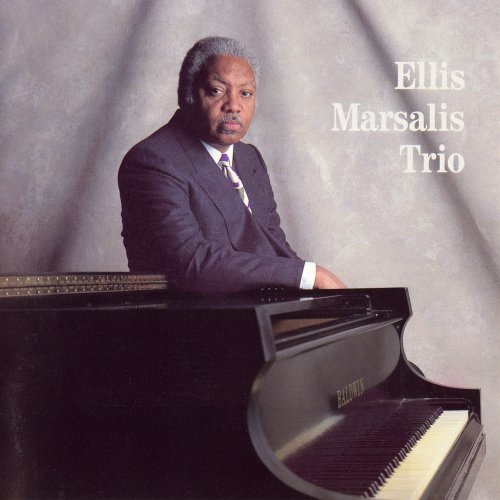
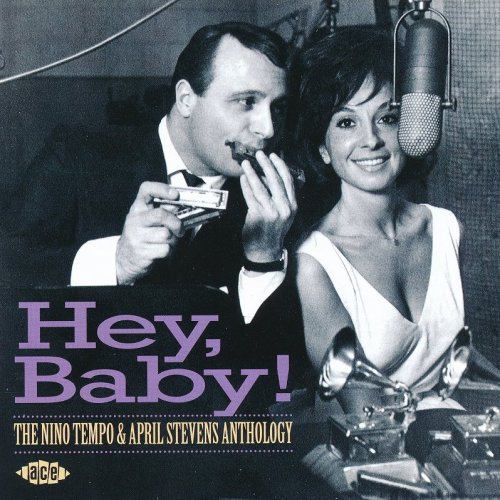
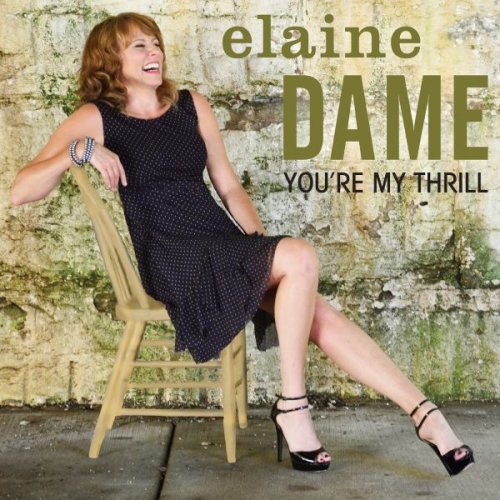
![Mick Rossi - Songs from the Broken Land (2024) [Hi-Res] Mick Rossi - Songs from the Broken Land (2024) [Hi-Res]](https://www.dibpic.com/uploads/posts/2025-12/1766399499_592x592.jpg)
